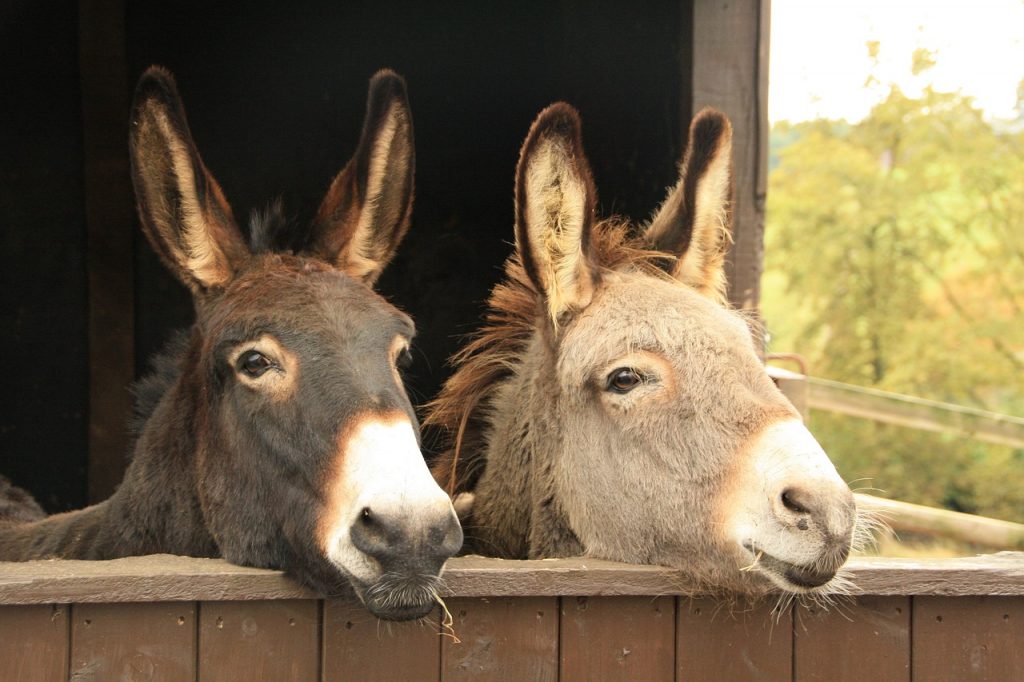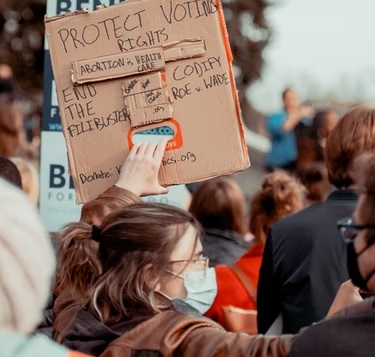
Hi everyone, before we get started, it’s been five years since Unicorns Unite: How Nonprofits and Foundations Can Build EPIC Partnerships, a book I wrote with co-authors Jessamyn Shams-Lau and Jane Leu, was released. Here’s a free webinar taking place on February 14th at 10am PT to discuss what we’ve learned since then. Auto-captions will be enabled. Also, please use promo code UNI50 here to get 50% off your copy of the book.
Today, we talk about an issue that many of us probably had no idea existed, but one that is very annoying to those affected, and it perpetuates inequity. The concept of “tipping.” This is basically the idea that if a foundation gives a nonprofit “too much” funding, it would “tip” that nonprofit into becoming a foundation itself, which would then open a hole in the fabric of spacetime and an ancient evil would breach our dimension to rain chaos and destruction and there would be fire and brimstone and terrible wifi.
Continue reading →




